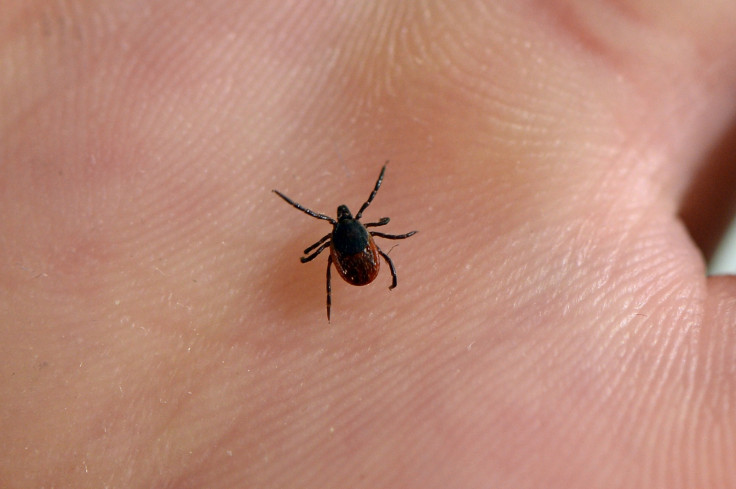What is Bourbon virus? US woman dies after contracting rare tick-borne virus
The virus was first identified in 2014.

A woman from Missouri has died after contracting a rare virus, one which was only discovered three years ago.
Tamela Wilson, who worked at a state park for more than a decade, saw ticks on her skin and removed them without a second thought.
The 58-year-old fell ill several days later and visited her doctor, who diagnosed her with a urinary tract infection and prescribed antibiotics.
Wilson's condition deteriorated rapidly and she was left extremely weak with severe headaches and a rash. She returned to her doctor for tests, which showed she had a low white blood cell count.
She was then admitted to Barnes-Jewish Hospital in St. Louis, Missouri.
"They did a couple skin biopsies, but they came back fine," her daughter Amie May told CBS.
"They did other testing for tick-borne disease, but those were also negative."
Wilson developed haemophagocytic lymphohistiocytosis, a life-threatening condition that affects the immune cells. The rash spread to her mouth, leaving her unable to talk, eat or drink.
Blood samples sent to the Centers for Disease Control and Prevention (CDC) showed Wilson had Bourbon virus, a tick-borne disease with no cure or vaccine.
Bourbon virus is a virus in the genus Thogotovirus of the family Orthomyxoviridae, similar to Dhori virus and Batken virus.
The virus was first identified a man from Bourbon, Kansas, who died after being bitten by ticks in 2014. He suffered from a high fever, headaches, pain, vomiting, diarrhea and a rash.
His condition worsened and he developed acute respiratory distress syndrome. He died of multiple organ failure less than two weeks after he first developed symptoms.
As there is no vaccine, the CDC states the best way to protect yourself from tick bites is to use insect repellent, wear long-sleeved tops and trousers and avoid "bushy or wooded areas". It is also advised to perform thorough tick checks after being outdoors.
© Copyright IBTimes 2025. All rights reserved.





















